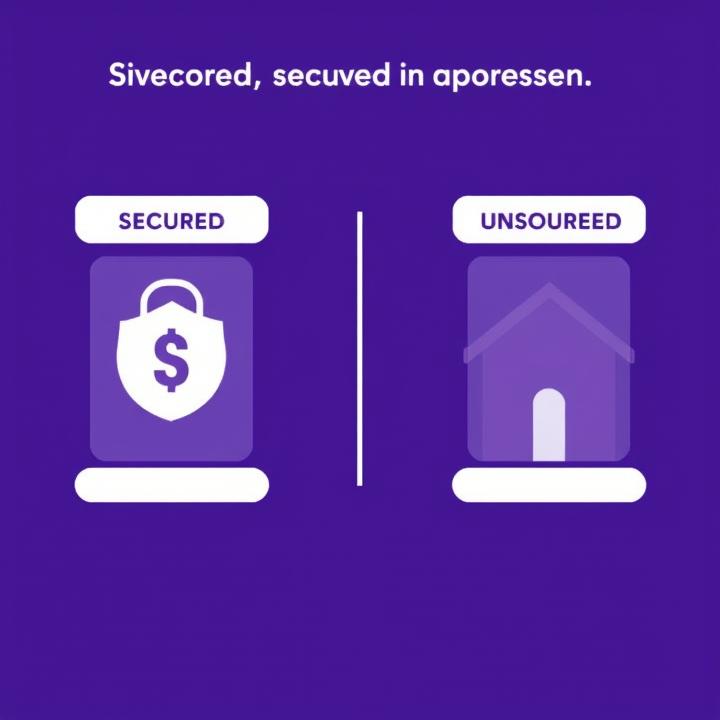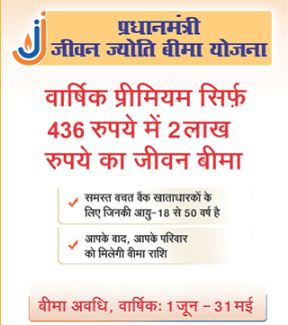भारत में क्रेडिट कार्ड ऋण लेने से पहले विचार करने योग्य 5 प्रमुख जोखिम
Credit Card Loans
A credit card is a type of unsecured loan that allows cardholders to borrow money from their credit card issuer. The loan amount is typically a percentage of the cardholder’s available credit limit.
Providers
Credit cards are offered by various banks and non-banking financial companies (NBFCs) in India. Some of the top providers of credit cards in India include:
- HDFC Bank
- ICICI Bank
- Axis Bank
- SBI Cards
- Kotak Mahindra Bank
Eligibility
To be eligible for a credit card, cardholders typically need to meet the following criteria:
- Have a good credit score
- Have a stable income
- Have a minimum credit limit of Rs. 50,000
- Have a minimum repayment history of 6 months
Risks
Credit card can be risky for both lenders and borrowers. Some of the risks associated with credit cards include:
- High interest rates: Credit cards often come with high interest rates, which can make it difficult for borrowers to repay the loan.
- Fees and charges: Credit cards often come with fees and charges, such as processing fees, late payment fees, and prepayment fees.
- Debt trap: Credit cards can lead to a debt trap, where borrowers are unable to repay the loan and are forced to take out another loan to pay off the first one.
RBI Restrictions
The Reserve Bank of India (RBI) has implemented several restrictions on credit cards to protect borrowers and lenders. Some of the key restrictions include:
- Risk weights: The RBI has increased the risk weights on consumer credit, including credit cards, to 125% from 100%. This means that lenders need to set aside more capital for credit cards.
- Capital requirements: The RBI has increased the capital requirements for lenders offering credit cards. Lenders need to maintain a minimum capital adequacy ratio of 9% for credit cards.
- Interest rates: The RBI has capped the interest rates on credit cards at 36% per annum.
Penalties
Lenders that fail to comply with the RBI’s regulations on credit cards can face penalties, including:
- Fines: Lenders can be fined up to Rs. 1 crore for non-compliance with RBI regulations.
- License cancellation: Lenders can have their license cancelled for repeated non-compliance with RBI regulations.
Recommendations
- Borrowers: Be aware of the risks and restrictions associated with credit cards and use them responsibly. Make timely payments and avoid overspending.
- Lenders: Comply with RBI regulations on credit cards and ensure that you maintain adequate capital for such loans.
- RBI: Continue to monitor the credit card industry and implement regulations to protect the interests of borrowers and lenders.
The credit card industry in India has witnessed significant growth in recent years, with the number of active credit cards reaching 10.55 crore as of 2024. However, this growth has also raised concerns about the rising debt and default rates among credit card holders. In this article, we will explore the latest statistics on credit cards in India, RBI regulations, and restrictions on banks in case of violations.
Latest Statistics on Credit Cards in India
According to the Reserve Bank of India (RBI) data, the total active credit cards in the economy grew by 15.6% year-on-year and 0.9% sequentially in August 2024. The top five banks in terms of credit card addition were:
| Bank | Number of Credit Cards Added | Total Credit Cards |
|---|---|---|
| HDFC Bank | 2.41 lakh | 2.19 crore |
| ICICI Bank | 1.45 lakh | 1.75 crore |
| Axis Bank | 1.27 lakh | 1.44 crore |
| SBI Cards | 1.1 lakh | 1.34 crore |
| Kotak Mahindra Bank | -61,191 | 54.13 lakh |
The RBI data also showed that the total spending on credit cards declined by 2.6% month-on-month to Rs 1.69 lakh crore in August 2024.
RBI Regulations on Credit Cards
The RBI has implemented several regulations to ensure that credit card lenders follow fair practices and protect the interests of consumers. Some of the key regulations include:
- Master Direction (MD) – Credit Card and Debit Card – Issuance and Conduct Directions, 2022: This direction outlines the guidelines for the issuance and conduct of credit and debit cards in India.
- FAQs on Master Direction (MD) – Credit Card and Debit Card – Issuance and Conduct Directions, 2022: This document provides answers to frequently asked questions on the master direction.
- RBI’s Integrated Ombudsman Scheme, 2021: This scheme provides a mechanism for consumers to file complaints against banks and other financial institutions.
RBI Restrictions and Penalties on Banks
The RBI has imposed several restrictions and penalties on banks that violate the regulations on credit cards. Some of the key restrictions and penalties include:
- Risk weights on unsecured consumer credit: The RBI has increased the risk weights on unsecured consumer credit to 100% to ensure that banks maintain adequate capital for such loans.
- Ban on Kotak Mahindra Bank: The RBI has banned Kotak Mahindra Bank from issuing fresh credit cards and onboarding new customers through its online and mobile banking channels due to tech-related loopholes.
- Penalties for non-compliance: The RBI has imposed penalties on banks that fail to comply with the regulations on credit cards.
Conclusion
The credit card industry in India is growing rapidly, but it also poses significant risks to consumers and lenders. The RBI has implemented several regulations to ensure that credit card lenders follow fair practices and protect the interests of consumers. However, there is still a need for greater awareness and education among consumers about the risks and benefits of credit cards. By understanding the latest statistics and RBI regulations, consumers can make informed decisions about their credit card usage and lenders can ensure that they comply with the regulations to avoid penalties.
Join us on Facebook, WhatsApp , Telegram , LinkedIn and RBI for latest news.



